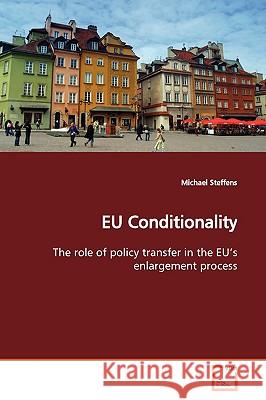EU Conditionality » książka
EU Conditionality
ISBN-13: 9783639130966 / Angielski / Miękka / 2009 / 216 str.
The fifth enlargement of the EU to include Centraland Eastern European Countries (CEECs) has led to thecreation of new policy instruments, which will becomea common feature in future enlargement rounds of theCommunity. Drawing on policy transfer literature andnew forms of governance, this book explores the roleof the EU and its administrative conditionality inshaping the public administration reforms in Centraland Eastern Europe (CEE). It analyses theintroduction of the "twinning exercise" as well asthe procedural changes which had to be introduced inorder to facilitate the secondment of member statescivil servants to administrations in CEE. Whileemphasizing a new tendency in EU policymaking, theuse of the semi-voluntary forms of coordination amongits member states and the applicants, it is arguedthat the substantive policies of the enlargementprocess allow for the transfer of institutionalmodels. The book regards the introduction of thetwinning exercise as mainly driven by lesson-drawing.It argues that, in the long run, the policy outcomeof twinning projects is convergence in form ofhybridisation rather than compliance on the basis offull transfer.











